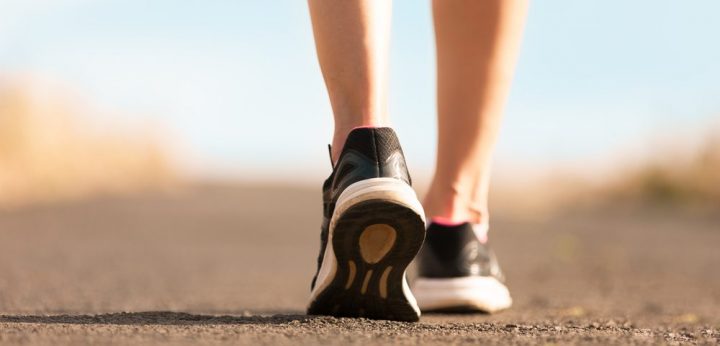FAP and Exercise

Familial amyloid polyneuropathy (FAP) is a rare condition that can affect the heart, other organs, and the nervous system due to the buildup of protein clumps called amyloid deposits.
Moderate exercise can help to improve your physical and mental health.
Benefits of exercise for FAP patients
Exercise is widely known to improve overall health and well being, a way for people to become stronger, fitter, and more flexible. Exercise can also help raise energy levels and better ensure a good night’s sleep. Appropriate exercise may also ease fatigue, anxiety, and depression.
A study of a 24-week exercise program in FAP patients after a liver transplant found it led to better lean and skeletal muscle mass, better weight, and a greater walking capacity. Benefits also persisted beyond the program’s end.
Potential complications
The extent and nature of FAP symptoms, which can include peripheral and autonomic neuropathy, and cardiac issues, can make exercising more difficult.
Loss of sensation and weakness in your limbs due to peripheral neuropathy could lead to potential injury, from not feeling blisters starting to form on your hands or feet, to not being able to securely grasp weights before lifting them.
Autonomic neuropathy can include symptoms such as urinary incontinence, constipation, and diarrhea, all of which can complicate exercising.
Autonomic neuropathy can also affect your cardiovascular system. As a result, you may experience heart arrhythmias (irregular heartbeats) and orthostatic hypotension (a sudden drop in blood pressure when standing or sitting up) that could make exercising somewhat risky.
The buildup of amyloid deposits in the heart can also cause the muscle to become thicker and stiffer, making it harder to pump blood. This can lead to shortness of breath, fatigue, fainting, and angina (chest pain), especially during exercise.
How can I exercise safely?
You should consult your doctor or physiotherapist before starting an exercise routine. They can help you choose a safe exercise program that is beneficial to you.
Routine walks, even short walks, can be beneficial, as could be mild aerobic and stretching exercises.
It is important you start slowly and not push yourself too quickly, and to follow a recommended exercise plan. Having a workout partner is also a good idea for any exercise routine.
Last updated: Feb. 18, 2021
***
FAP News Today is strictly a news and information website about the disease. It does not provide medical advice, diagnosis, or treatment. This content is not intended to be a substitute for professional medical advice, diagnosis, or treatment. Always seek the advice of your physician or other qualified health provider with any questions you may have regarding a medical condition. Never disregard professional medical advice or delay in seeking it because of something you have read on this website.






